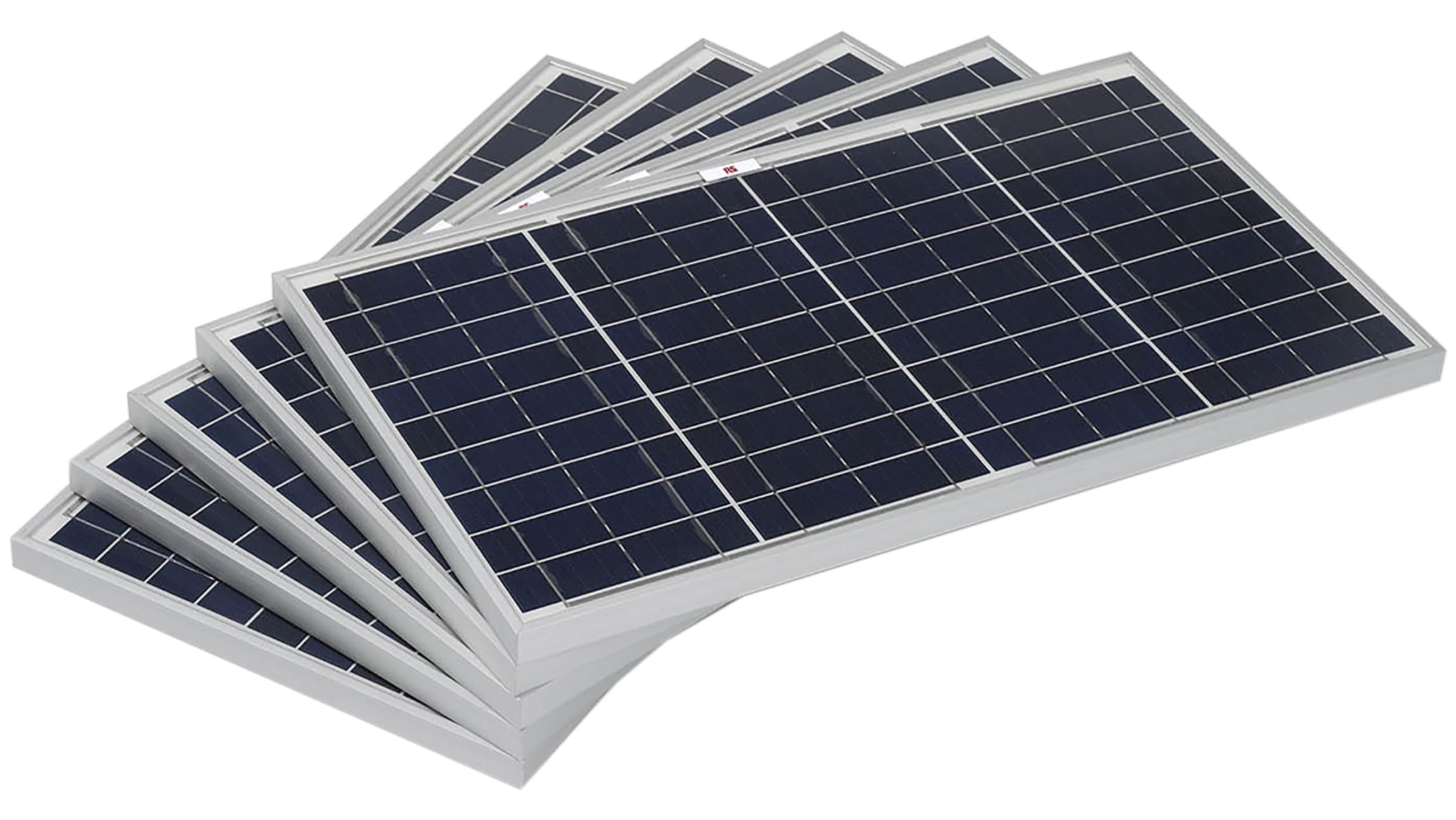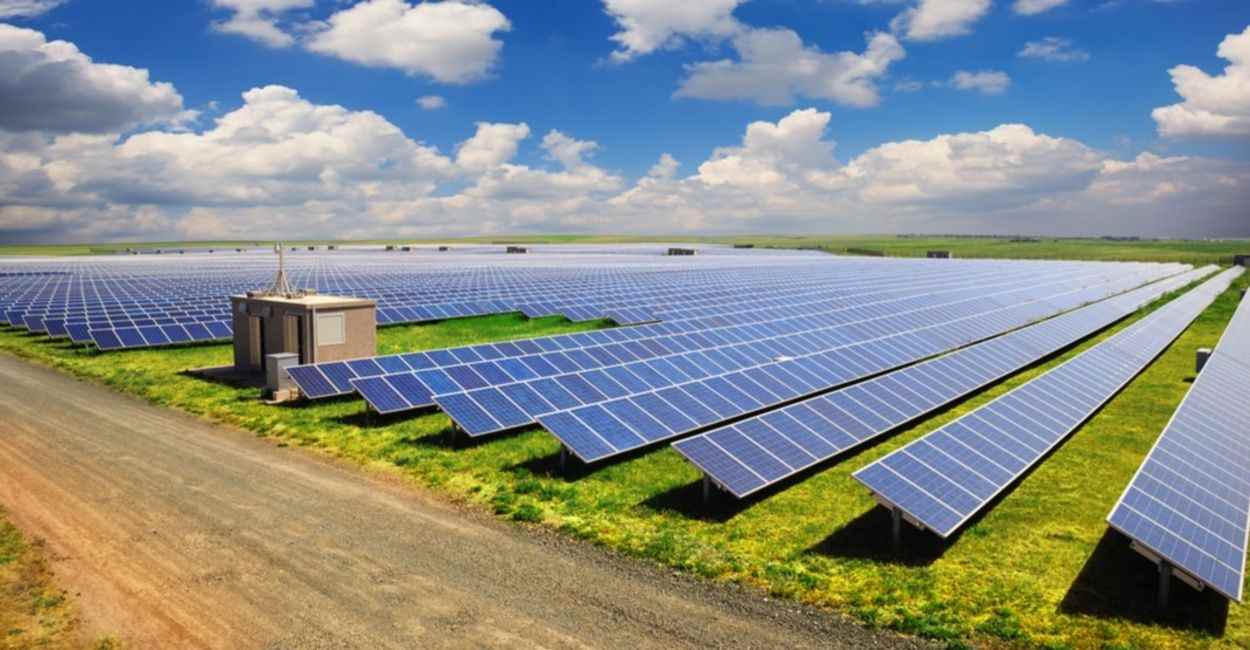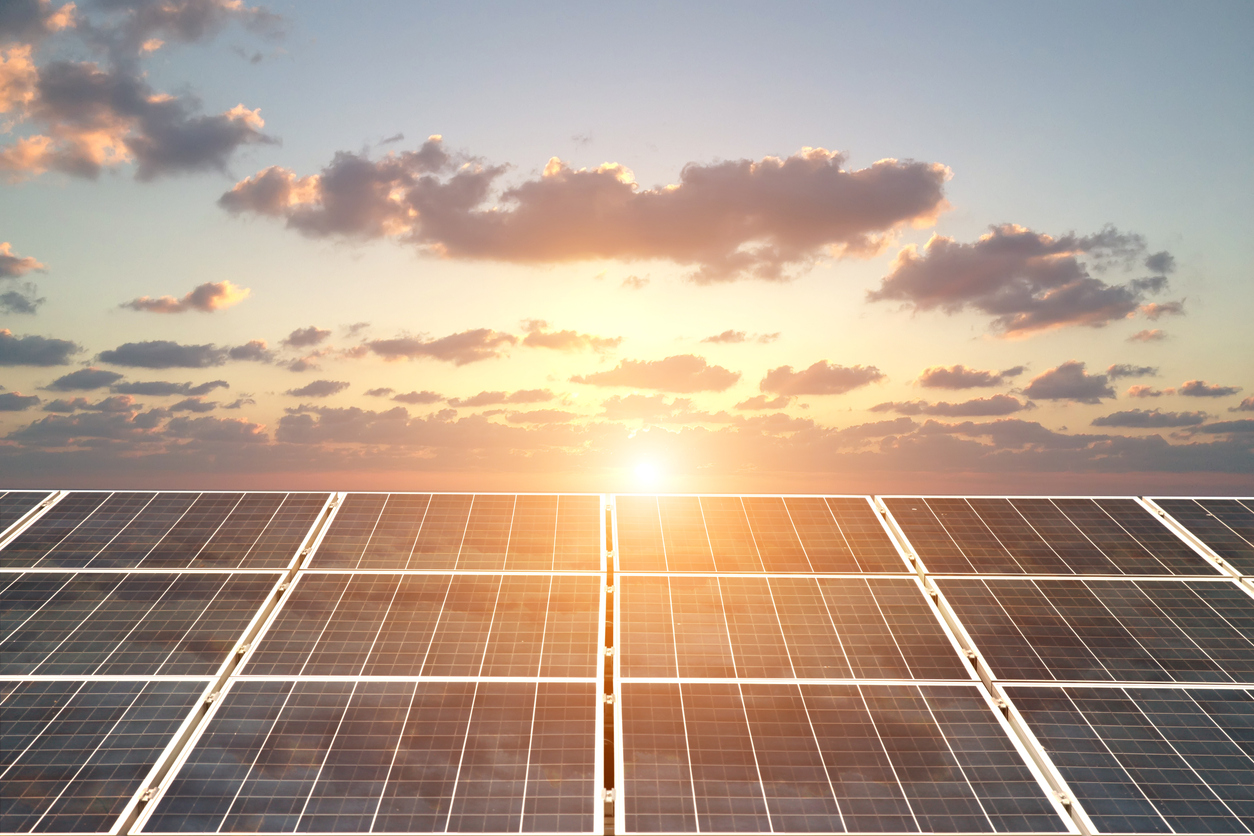Improve your energy usage by upgrading to premium-quality Solar Panels.
Improve your energy usage by upgrading to premium-quality Solar Panels.
Blog Article
Why Solar Panels Are the Smartest Financial Investment for Your Future
Purchasing photovoltaic panels stands for a critical choice that can produce significant monetary and ecological returns over time. As energy expenses remain to escalate, the capability to generate your very own electrical energy not only reduces these expenditures yet likewise improves the worth of your building. Additionally, federal government motivations and continuous technical advancements make solar energy progressively accessible. The implications of this investment prolong past simple cost savings, prompting a much deeper consideration of just how it lines up with both personal economic objectives and more comprehensive sustainability initiatives. What aspects should be considered before making such an essential choice?
Financial Cost Savings on Energy Bills
Among one of the most compelling advantages of spending in photovoltaic panels is the substantial monetary cost savings they provide on power expenses. By taking advantage of energy from the sun, property owners can minimize their dependence on typical electrical energy resources, leading to reduce month-to-month utility expenses. As power rates remain to increase, the potential for conserving cash comes to be significantly attractive.
Solar panels transform sunlight right into electricity, which can power homes directly, lessening the amount of power bought from utility firms. With time, these cost savings can accumulate substantially, commonly covering the first investment in solar innovation within a few years. Several regions provide rewards, such as tax credit reports and rebates, which can improve economic returns on solar investments.
Along with route financial savings, solar power production can provide a bush against future power rate changes. With a mounted planetary system, home owners can secure in their energy prices, minimizing the unpredictability linked with standard power rates. The mix of prompt cost savings and lasting economic security makes solar panels a calculated financial investment for those aiming to optimize their home budgets while contributing to a sustainable future.
Boost in Building Worth
Purchasing photovoltaic panels not just causes immediate financial savings on energy expenses yet additionally substantially enhances residential property worth. As the need for sustainable living grows, possible buyers are increasingly looking for energy-efficient homes. Solar panels stand for a forward-thinking investment that aligns with contemporary environmental awareness, making homes equipped with this innovation much more eye-catching in the real estate market.

Additionally, homes with solar setups often tend to sell much faster, as customers identify the lasting financial savings and advantages related to renewable power. This fad is specifically pronounced in regions where solar incentives and discounts are offered, additional enhancing the total value recommendation. As a result, buying photovoltaic panels not only yields prompt cost Recommended Site savings yet also functions as a calculated transfer to raise residential property worth, making it a a knockout post wise choice for house owners looking to optimize their financial investment.
Defense Versus Climbing Power Costs
Securing homeowners from the unpredictability of rising power expenses, solar panels offer a dependable source of eco-friendly energy that can significantly minimize expenses in time. As utility prices remain to rise, many households deal with the burden of boosting regular monthly bills, which can strain budget plans and economic preparation. By investing in solar power, home owners can gain greater control over their power expenditures and lower their dependence on conventional power sources.
The installment of photovoltaic panels permits home owners to generate their very own electrical power, usually resulting in considerable financial savings on energy bills. Several regions use incentives, such as tax obligation credit scores and discounts, additionally boosting the economic benefits of going solar. Furthermore, as utility companies increase their rates, the expense of solar power continues to be secure, offering predictability in power expenses.
Additionally, solar panels can create a barrier against inflationary pressures in the energy market. By locking in power prices with a solar investment, homeowners efficiently protect themselves from future price hikes, making sure lasting cost savings. Basically, adopting solar innovation not only represents a smart economic decision yet also improves energy freedom, making it a critical option for the future.
Environmental Benefits of Solar Power
Along with the economic advantages, solar power additionally supplies significant environmental advantages that add to a lasting future. By utilizing solar power, households and organizations can significantly reduce their Recommended Site dependence on fossil fuels, which are the primary factors to environment modification (Solar Panels).
Furthermore, solar power advertises water preservation. Typical power sources often need significant amounts of water for cooling processes, whereas solar panels operate with marginal water usage. This efficiency is important in areas prone to dry spell and water deficiency.
In addition, the deployment of solar panels can result in habitat conservation. Solar Panels. By making use of roofs and brownfield sites for solar setups, we lower the demand for considerable land advancement that endangers natural ecological communities
Technological Innovations and Rewards

In enhancement to technical progress, numerous economic rewards are playing a vital duty in promoting solar energy adoption. As states proceed to implement eco-friendly power requireds and regional rewards, the economic viability of solar power comes to be progressively attractive.
Together, these improvements and motivations are placing solar power as not only a sustainable choice yet additionally a monetarily sensible investment for the future, leading the way for a cleaner, more energy-efficient world.
Conclusion

Report this page